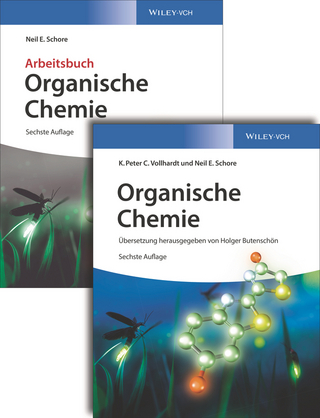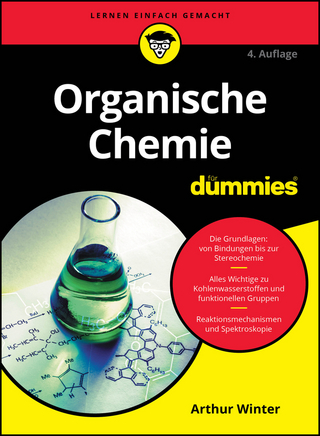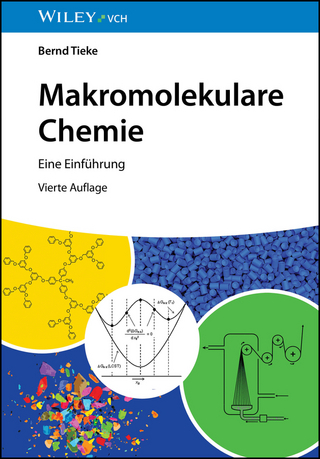
Thinking Through Organic Chemistry
Seiten
2023
Cognella, Inc (Verlag)
978-1-7935-3325-8 (ISBN)
Cognella, Inc (Verlag)
978-1-7935-3325-8 (ISBN)
Introduces students to the knowledge and skillsets they require to better understand organic chemistry and find success in its real-world application. This book and its associated practice materials provide readers with an effective framework for thinking through and approaching various problems.
Thinking Through Organic Chemistry introduces students to the knowledge and skillsets they require to better understand organic chemistry and find success in its real-world application. This book and its associated practice materials provide readers with an effective framework for thinking through and approaching various problems.
The book is organized into three parts: Metacognition and Studying; Misconceptions: Common Stumbling Blocks; and Making the Grade. Part I discusses the value of one's mindset in learning chemistry and introduces the concept of metacognition, or thinking about thinking. Students learn the basic process of metacognition—studying, self-testing, and reflection. Part II reviews select organic chemistry ideas and concepts that are not covered in many courses due to time constraints, are assumed to be general knowledge students have already learned, are in the background of other courses besides organic chemistry, and are core to understanding more advanced topics in the discipline. The final part of the book examines the types of questions students are likely to see on organic chemistry exams. Students review question formats, and the text provides examples of questions on specific topics.
Developed to help students carefully consider their learning process and set themselves up for success, Thinking Through Organic Chemistry is an ideal supplementary resource for courses in the discipline.
Thinking Through Organic Chemistry introduces students to the knowledge and skillsets they require to better understand organic chemistry and find success in its real-world application. This book and its associated practice materials provide readers with an effective framework for thinking through and approaching various problems.
The book is organized into three parts: Metacognition and Studying; Misconceptions: Common Stumbling Blocks; and Making the Grade. Part I discusses the value of one's mindset in learning chemistry and introduces the concept of metacognition, or thinking about thinking. Students learn the basic process of metacognition—studying, self-testing, and reflection. Part II reviews select organic chemistry ideas and concepts that are not covered in many courses due to time constraints, are assumed to be general knowledge students have already learned, are in the background of other courses besides organic chemistry, and are core to understanding more advanced topics in the discipline. The final part of the book examines the types of questions students are likely to see on organic chemistry exams. Students review question formats, and the text provides examples of questions on specific topics.
Developed to help students carefully consider their learning process and set themselves up for success, Thinking Through Organic Chemistry is an ideal supplementary resource for courses in the discipline.
John C. Hershberger is an associate professor of chemistry at Arkansas State University, where he teaches general and organic chemistry courses. He holds a Ph.D. in chemistry from the University of Kansas and completed postdoctoral work at the University of Wisconsin and the University of Michigan. Dr. Hershberger's research interests include new synthetic methods, target-oriented synthesis, and the mechanistic study of reactions.
| Erscheinungsdatum | 16.01.2023 |
|---|---|
| Verlagsort | San Diego |
| Sprache | englisch |
| Maße | 215 x 279 mm |
| Gewicht | 152 g |
| Themenwelt | Naturwissenschaften ► Chemie ► Organische Chemie |
| ISBN-10 | 1-7935-3325-3 / 1793533253 |
| ISBN-13 | 978-1-7935-3325-8 / 9781793533258 |
| Zustand | Neuware |
| Haben Sie eine Frage zum Produkt? |
Mehr entdecken
aus dem Bereich
aus dem Bereich


